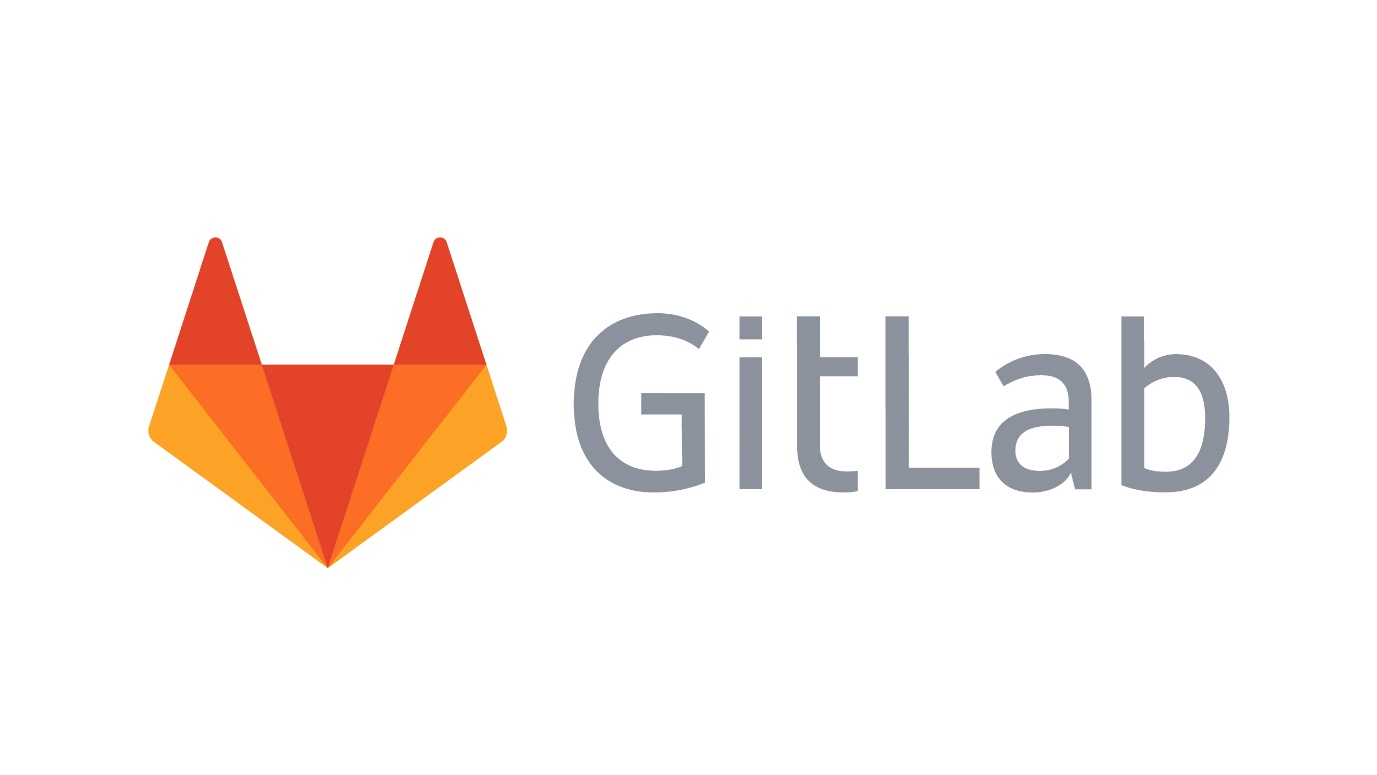
Why Skills-First Leadership Is Replacing the Ivy League Playbook in the C-Suite
The old prestige pyramid—where Ivy League degrees and blue-chip consulting backgrounds paved the way to the CEO seat—is cracking.

October 18, 2021: -GitLab shares jumped 35% on their first day of trading on Thursday after the software provider for developer collaboration sold shares well above its expected range in its IPO.
On Wednesday, Trading on the Nasdaq under ticker symbol “GTLB,” GitLab priced its stock at $77 late, valuing the company at about $11 billion. GitLab had said that it would likely sell shares at $66 to $69 each. The stock opened closed at $103.89, which pushed GitLab’s market cap to $14.9 billion.
Since almost a decade ago, GitLab has chased GitHub in the source repository market, including Atlassian’s Bitbucket. Microsoft acquired GitHub in 2018 for $7.5 billion, and since that time, GitLab has increased as the only significant independent player in the market.
Revenue in the second quarter increased 69% from a year earlier to $58.1 million. Although, because GitLab spends the equivalent of three-quarters of its income on sales and marketing, primarily to build its developer user base, the company recorded a net loss of $40.2 million in the recent quarter.
GitLab raised close to $650 million offers, and investors purchased over $150 million of additional stock from an entity affiliated with GitLab CEO Sid Sijbrandij.
GitLab offers a free version of what the company calls its DevOps platform, and a term refers to the combination of developers and IT operations. The software allows users to work on code, package it, release it and monitor it, customers running GitLab in any public cloud, their data center, or a GitLab-hosted service.
The company is making money from its premium products. For $19 per month per user, GitLab includes tools for enterprises and faster code reviews, and for $99 a month, users get features such as security and compliance. Some 383 customers are spending around $100,000 a year, GitLab said in its prospectus.
“Our future success depends, in part, on our ability to convert users of our free product offering that pays customers by selling additional products and by upselling additional subscription services,” GitLab said.
GitLab said its net revenue retention rate, a key metric for subscription software companies because it shows customer success, climbed to 152% in the July period. That would put it among the top publicly traded software companies.
It’s the main reason, along with GitLab’s growth, that the company is commanding such a high revenue multiple. At a $14.9 billion market cap, GitLab trades for about 64 times annualized revenue, only below three of the 58 companies in the Bessemer Cloud Index and above Atlassian.
GitLab is known as a pioneer in remote work. The companies were forced to adapt to distributed work in the pandemic; GitLab started that way and did not have to alter much of anything for its 1,350 employees operating in over 65 countries. In the header of its prospectus, Gitlab says “address not applicable.”

The old prestige pyramid—where Ivy League degrees and blue-chip consulting backgrounds paved the way to the CEO seat—is cracking.

Loud leaders once ruled the boardroom. Charisma was currency. Big talk drove big valuations.

But the CEOs who make history in downturns aren’t the ones with the deepest cuts

Companies invest millions in leadership development, yet many of their best executives leave within a few years. Why?

The most successful business leaders don’t just identify gaps in the market; they anticipate future needs before anyone else.

With technological advancements, shifting consumer expectations, and global interconnectedness, the role of business leaders

Following a distinguished Law Enforcement career Joe McGee founded The Securitatem Group to provide contemporary global operational specialist security and specialist security training products and services for private clients, corporate organisations, and Government bodies. They deliver a wide range of services, including complete end-to-end protection packages, close protection, residential security, protection drivers, and online and physical installations. They provide covert and overt investigations and specialist surveillance services with a Broad range of weapons and tactical-based training, including conflict management, risk and threat management, tactical training, tactical medicine, and command and control training.

Jay Wright, CEO and Co-Owner of Virgin Wines infectious energy, enthusiasm, passion and drive has been instrumental in creating an environment that encourages talent to thrive and a culture that puts the customer at the very heart of every decision-making process.

Fabio de Concilio is the visionary CEO & Chairman of the Board at Farmacosmo, a leading organization dedicated to mental health and community support services. With a deep commitment to identifying and meeting customer needs, Fabio ensures that high standards are maintained across the board.

Character Determines Destiny – so said Aristotle. And David CM Carter believes that more than anything else. For David, it has been numerous years of research into codifying Entelechy Academy’s 54 character qualities that underpin everything he stands for as a leader and teacher.


Leave us a message
Subscribe
Fill the form our team will contact you
Advertise with us
Fill the form our team will contact you